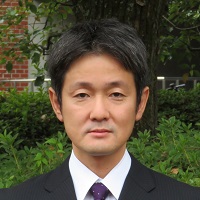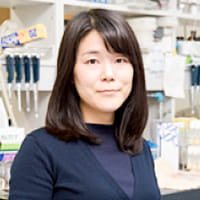Research summary
Research outline
A cell is a vessel stuffed with proteins, nucleic acids, lipids, and small compounds. Within the cell, an immense number of physicochemical reactions are constantly taking place. Cells maintain homeostasis at various levels, from the cellular to the organismic, by perceiving external substances, processing this information within intricate intracellular networks, and manifesting adaptive phenotypes. Our research focuses on elucidating the mechanisms underlying the cellular information processing (encoding) and cell fate decision making (decoding). In addition to the development of quantitative measurement and perturbation techniques, we aspire to address the fundamental question of “what is life?” through approaches such as reconstructing a cell on a computer.
Main themes
- Visualization and manipulation of molecules involved in cell cycle progression
- Understanding and manipulation of biological functions that emerge in cell populations
- Elucidation of intracellular mechanical properties and their physiological significance
- Implementation of whole cell modeling
- Development and application of novel biosensors and optogenetic tools
Member
|
AOKI, KazuhiroProfessor |
aoki.kazuhiro.6v*kyoto-u.ac.jp See faculty information |
|---|---|
|
GOTO, YuheiAssociate Professor |
goto.yuhei.4c*kyoto-u.ac.jp See faculty information |
|
HATTORI, YukakoProgram-Specific Associate Professor |
hattori.yukako.3e*kyoto-u.ac.jp See faculty information |
|
NISHIKAWA, SeiyaProgram-Specific Junior Associate Professor |
nishikawa.seiya.3e*kyoto-u.ac.jp |
|
HIRANO, SayukiAssistant Professor |
hirano.sayuki.2k*kyoto-u.ac.jp See faculty information |
- Please note that the @ symbol has been replaced by *.
Access
Faculty of Medicine Campus, Faculty of Medicine Bldg. G South Campus Research Bldg.





